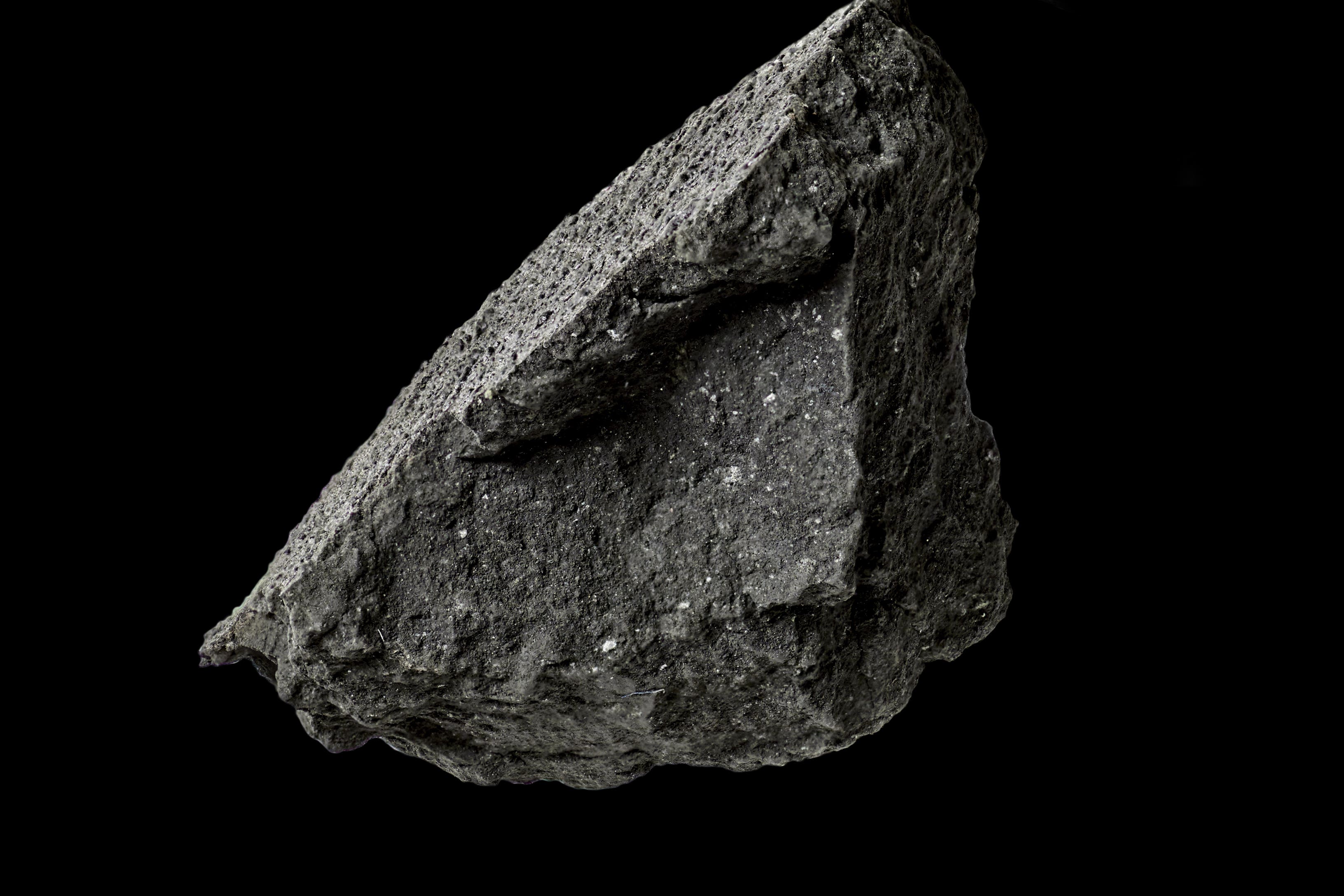Winchcombe meteorite brings clues to life’s origins to Gloucestershire
A meteorite that fell in the UK helps bolster the theory that asteroids supplied Earth with water and the building blocks of life

Your support helps us to tell the story
From reproductive rights to climate change to Big Tech, The Independent is on the ground when the story is developing. Whether it's investigating the financials of Elon Musk's pro-Trump PAC or producing our latest documentary, 'The A Word', which shines a light on the American women fighting for reproductive rights, we know how important it is to parse out the facts from the messaging.
At such a critical moment in US history, we need reporters on the ground. Your donation allows us to keep sending journalists to speak to both sides of the story.
The Independent is trusted by Americans across the entire political spectrum. And unlike many other quality news outlets, we choose not to lock Americans out of our reporting and analysis with paywalls. We believe quality journalism should be available to everyone, paid for by those who can afford it.
Your support makes all the difference.A meteorite that landed in the British county of Gloucestershire in 2021 carried with it clues to the origins of Earth’s water, and possibly of life, according to researchers.
The Winchcombe meteorite gets its name from the village of Winchcombe, where the meteorite fell on 28 February, 2021, and where it was quickly recovered. The quick recovery meant there was less contamination from Earthly sources that could confound scientists’ findings when studying the space rock.
In a new study published Wednesday in the journal Science Advances, researchers analysed the meteorite and found it contained just less than 11% water by weight, locked within minerals in the stone, as well as organic compounds such as amino acids. Moreover, the overall chemical composition of the water within the Winchombe meteorite closely tracks that of water on Earth.
The findings help further bolster the growing scientific consensus that water containing asteroids and comets made a significant contribution of water to the early Earth, helping to make our planet a blue one. Space rocks impacting the early Earth also brought with them amino acids, which are the building blocks of life.
Similar traces of water and amino acids have been detected in samples of the asteroid Ryugu taken and returned to Earth by the Japanese Space Agency’s Hayabusa 2 mission. Ryugu is a carbonaceous asteroid, a dark, carbon-rich space rock of the same sort the Winchombe meteorite originated in around 4.5 billion years ago.
Nasa’s Osiris-Rex mission, meanwhile, has taken samples from Asteroid Bennu, a space rock of a different kind of composition, and will return those samples for analysis on Earth in 2029.
Scientists study meteorites and send spacecraft to sample asteroids because these ancient space rocks act like deep frozen archives, preserving matter as it once was in the early Solar System. Understanding asteroids can help scientists both understand how planets such as Earth initially formed, but as the findings in the Winchcombe meteorite suggest, how asteroids and comets may have shaped our planet’s evolution, and even kickstarted the evolution of life itself.
Join our commenting forum
Join thought-provoking conversations, follow other Independent readers and see their replies
Comments